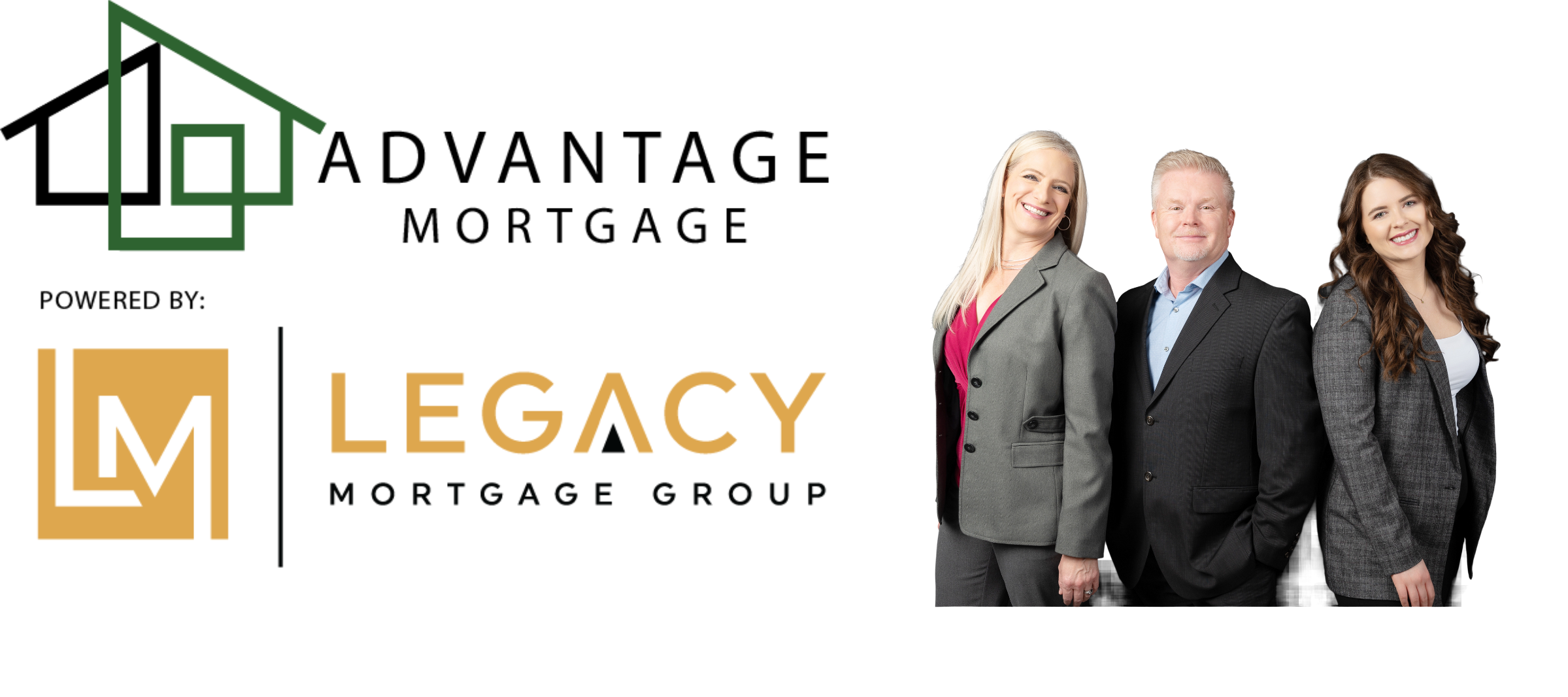 Do you have a bad Equifax credit score? Have you been late with payments? Are you worried about the credit requirements for mortgage applications in Alberta?
Do you have a bad Equifax credit score? Have you been late with payments? Are you worried about the credit requirements for mortgage applications in Alberta?
Well, if you want to learn about how bad credit is treated on mortgage applications, then you are in the right place. We will discuss credit ratings, tips on repairing bad credit and how credit is weighed on mortgage applications.
Our helpful coaching advice teaches you how to improve your credit rating in this “Credit 101 Guide – Ensuring You’re Ready to Purchase a Home.”
Why Do You Have Bad Credit?
Good credit opens up many doors to the good life; bad credit can ruin your life. On the one hand, people with good credit only take on as much debt as they can handle. On the other hand, people with bad credit might take on too much debt.
Bad credit could be due to bad habits, like making late payments. Or, some people have just had some bad luck.
Before you can fix something, you must be honest about what is wrong.
When you need financing for a home, you need to have an acceptable credit rating. How can you repair your credit to qualify for a mortgage?
Start, by making an honest assessment of why you have bad credit. Then, learn about how the Equifax credit rating is calculated, so you can plan accordingly.
What is Your Equifax Score?
One of the critical elements of banking success is the ability to assess risk accurately. The financial institutions have always had their methods for determining whether a debtor was creditworthy. But, one day they decided to create a standard rating system, called the “credit score.”
There are many credit rating bureaus in Canada and Equifax is one of the most well-respected. The score range is from 300 to 900 (the higher, the better).
Loan application information is sent to credit reporting agencies, and the potential lender requests your credit report in a process called a “hard inquiry.” If you ask for your own credit report, this is a “soft inquiry.”
No one wants to admit it, but Equifax knows everything about everyone’s credit. The credit reporting agencies know which loans you have and when you made your payments. Equifax uses the following five factors to calculate your credit rating:
- Length
- Types
- Repayment History
- Available Capacity
- Recent
Length = When was your first cell phone, credit card, automobile or furniture loan? A long credit history is preferable.
Types = Cell phones, credit cards, automobile and housing loans are separate categories. A variety of types shows discipline.
Repayment History = Each repayment is categorized – on-time, late or unpaid – and also by time (30-, 60- or 90-day increments). Do you have any delinquencies, collections or court judgments? You should pay your bills, on time.
Available Capacity = How much credit do you have available on your revolving lines? For example, if your credit card has a $5,000 limit and you have used up $2,000, then you have 60% available. Mortgage brokers want you to have at least 25% revolving credit trade line capacity available.
Recent = Have you applied for credit recently? Banks think that if you apply for a lot of loans simultaneously, then you are in trouble financially. Too many hard inquiries in a short period could lead to a credit downgrade.
Next, we will discuss what you should focus on to rebuild and improve your credit score.
How to rebuild and improve your credit rating
Pay your bills before the due date
Credit terms require you to pay your bills, on time; technically, if you are late one day, you are in default. If you mail your bill, send it 2 to 3 days earlier to make sure it arrives on time. Those with good credit, pay their bills before the due date.
All forms of credit matter
Equifax keeps track of all your credit repayments, delinquencies, liens, consumer proposals, court judgments and bankruptcies. Experts recommend that you always pay your cell phone bills, even if you are disputing charges; this is one of the most common mistakes of people with bad credit. They might not think it matters, but it does.
Don’t overspend on your credit cards
Try not to max out your credit cards. You should leave at least 25% capacity on each.
Create two years of stable credit history
Mortgage brokers want to see at least 2 years of steady repayment of at least 2 revolving trade lines of credit. The lines of credit should be for more than $1,500 each. These are the requirements for an insured loan. The exception is when you are “New to Canada.”
Maximize your total qualification budget
The credit requirements for mortgage applications include your income, which is the “quantity” and your credit rating, which is your “quality.” Applying for a mortgage in Edmonton involves the calculation of your “Total Qualification Budget.” An Equifax beacon of less than 680 will lower the allowable debt service guidelines and total qualification budget. So, try to keep your score above this number.
Don’t forget about co-signed loans
If you co-sign for a loan, make sure it is paid back, on time. Unfortunately, if the loan is in default, your credit might be downgraded.
Am I a good risk for a loan?
Edmonton mortgage brokers want you to demonstrate that you are a good risk for a home loan. To prove this, you need to regain control of your finances.
First, you should request your credit report. Second, fix any errors. Third, develop a plan for repairing bad credit.
1. Request Your Credit Report
Request your free annual Equifax credit report. If sent by mail, it should include a dispute form.
2. Fixing Credit Report Errors
Carefully, peruse your report for errors – typos, failure to update records or mistaken identity. You might have a similar name to someone else. Use the dispute form to fix mistakes.
3. Secured Credit Cards
Secured credit cards allow you to rebuild credit, showing responsible borrowing patterns. You must pay the bank a security deposit, which serves as collateral. Make timely payments, and then you can rebuild your credit.
So, we have covered a lot of information. Here is a quick synopsis of how you can rebuild your credit:
Do:
- Make Timely Payments
- Correct Credit Score Mistakes
- Maintain Equifax Score Above 680
Don’t:
- Max Out Credit Lines
- Apply for Multiple Credit Lines Simultaneously
- Ignore Cell Phone Bills
Use multiple mortgage lenders to your advantage
Mistakes happen. Repairing bad credit shows that you have turned the corner to becoming a responsible debtor.
We, at Advantage Mortgage, give you access to multiple mortgage brokers to maximize your opportunity for success. The credit requirements for mortgage applications will vary with each mortgage broker. Applying for a mortgage in Edmonton is easier at Advantage Mortgage.
You have problems; we have solutions. We want you to turn the page on bad credit and regain good credit. Advantage Mortgage is ready to help you find the right mortgage for bad credit.
